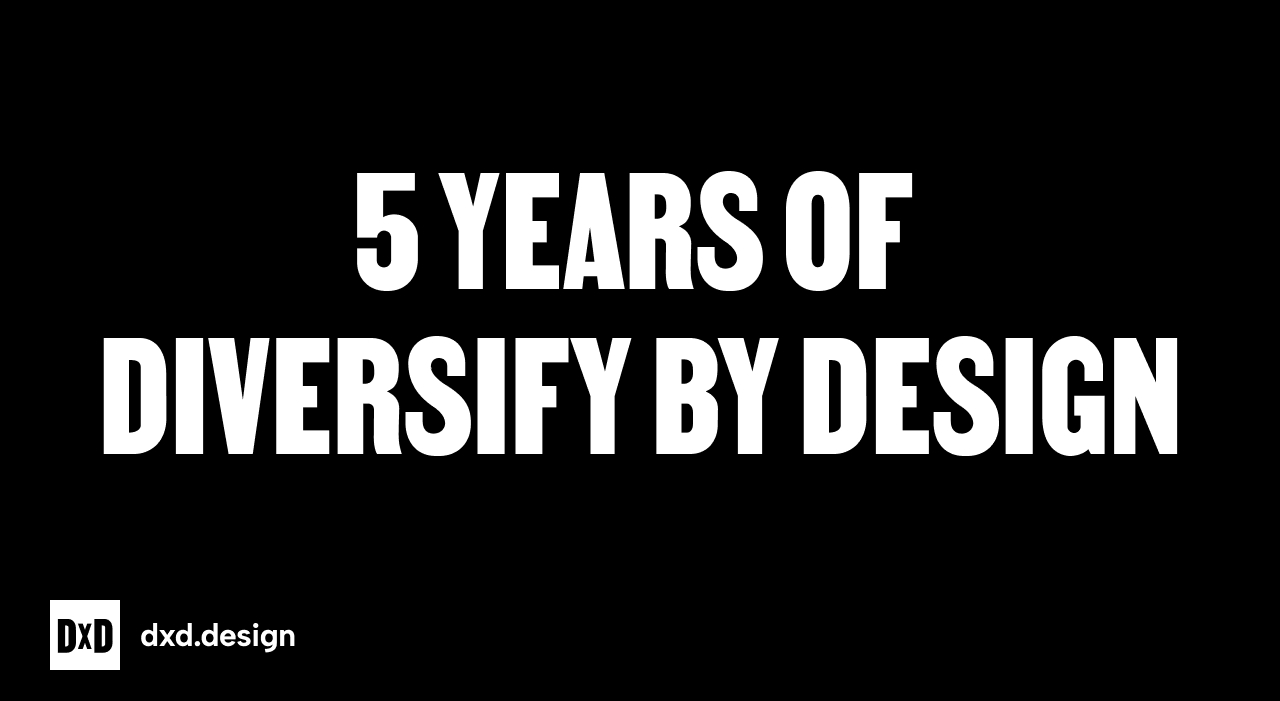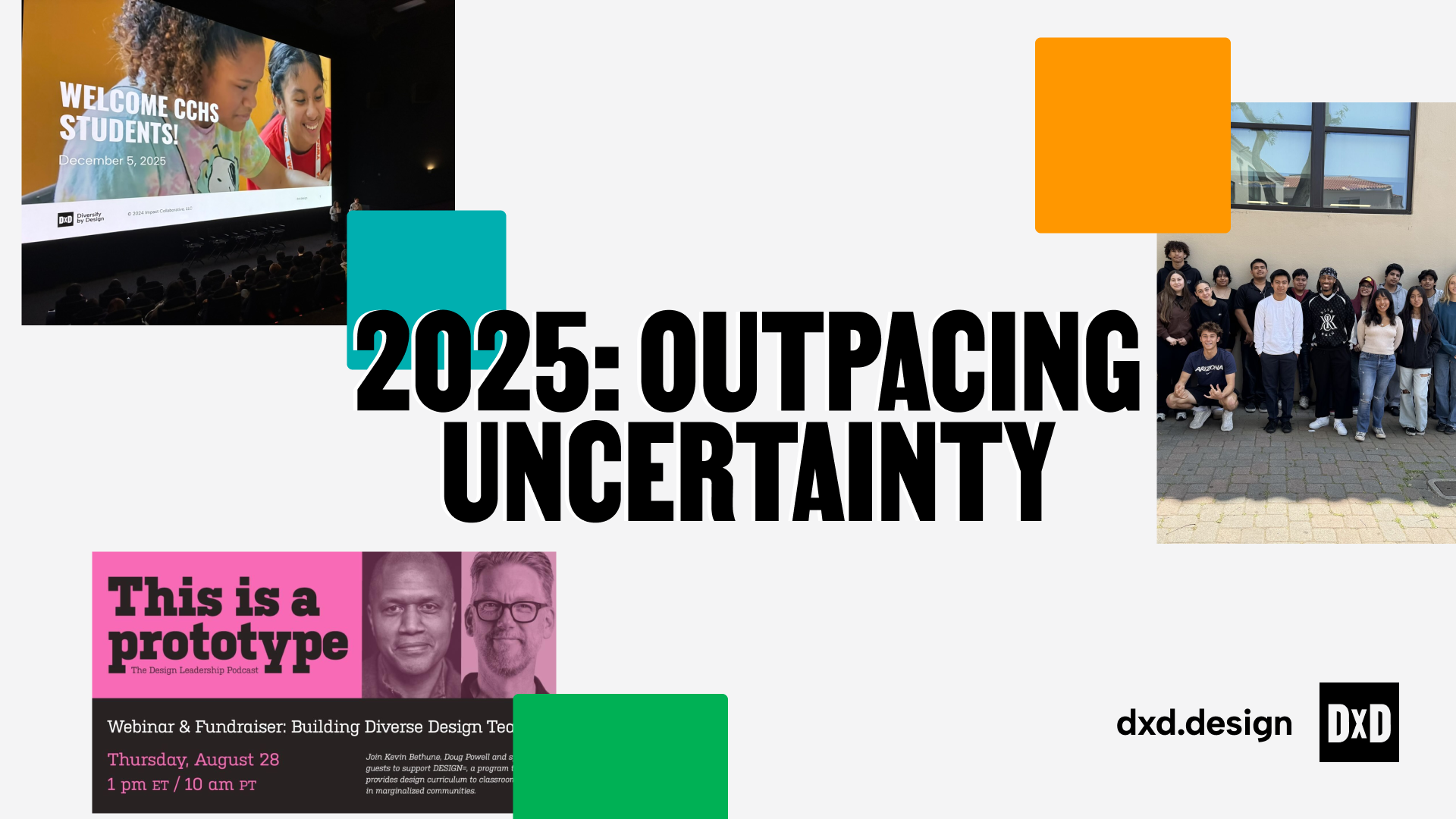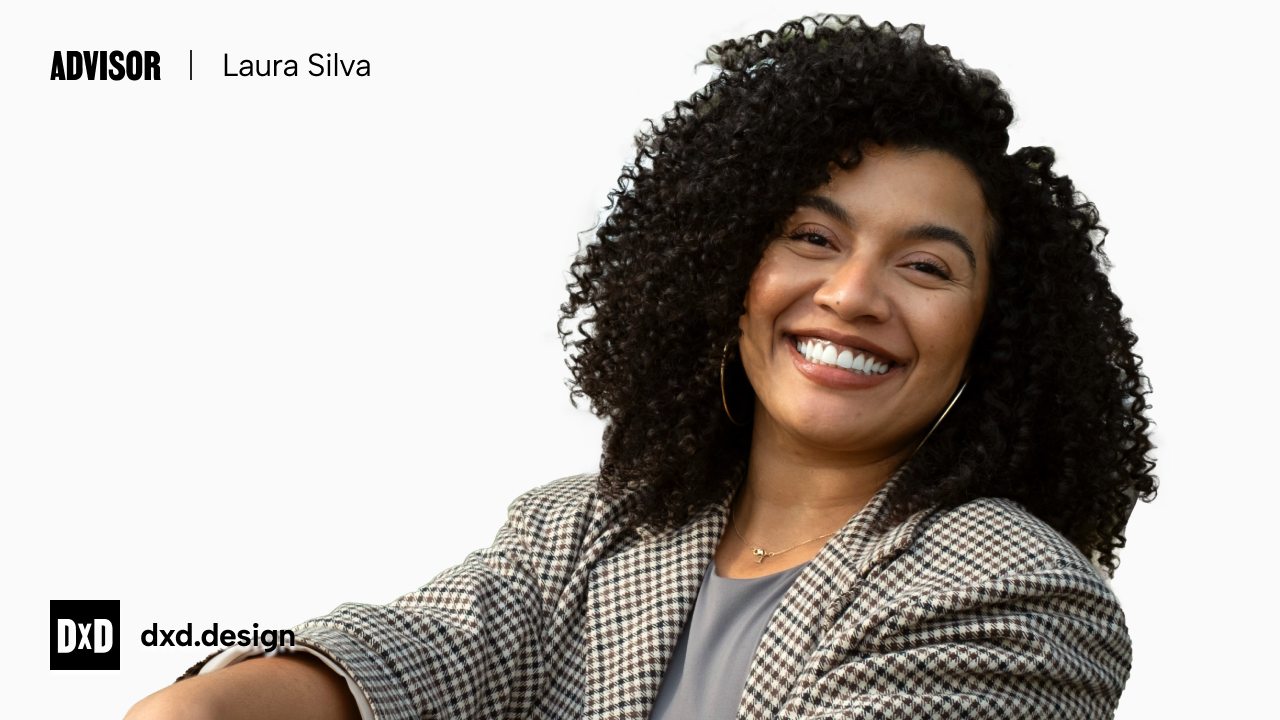Mentorship Matters

Mentor: noun. an experienced and trusted adviser; verb. advise or train (someone, especially a younger colleague).
Mentorship has a long history across professional sectors. More often than not, mentorship leads to improved job performance, career advancement, and fosters a greater sense of belonging. It’s clearly important. A game changer if you will.
Recently, DxD sat down with DxD Intensives’ mentor, former school teacher and Workday UX Researcher, who literally wrote the report on mentoring at Workday, Hartley Ochavillo to talk mentorship and its role in creating a more diverse design industry.
More on DxD Intensives later. Now, let’s dive in with Hartley.
__________________________________________________________________________________________________________________________________________________________________________________
DxD: A general question right out of the gate, what does mentoring mean to you?
Hartley: To me, mentoring is being able to pass on the necessary skills to someone to succeed and doing so in a way that's human. I used to be a teacher, and in a lot of ways, how education works is kind of dehumanizing—‘this is like this’; just presenting the material; it's very impersonal. There is a time and place for that type of learning, but what really sticks and what people really find helpful is that human touch; being able to have a connection in a meaningful way that takes in holistically who you are.
DxD: What is your personal experience with mentorship outside of the DxD Intensives program?
Hartley: When I stumbled into design, I didn't have a mentor. I'm Filipino American. When I first started out six years ago, there weren't very many of us in the design field at all. I didn't really have any guidance and there were struggles, which is not unfamiliar to me. I grew up poor, underprivileged, and in a place where that type of guidance and support just wasn't available. There were a lot of barriers for me to get to where I'm at now.
I gravitated towards mentorship because I could have used it. And the more I can help people succeed, the more chances we have of creating a positive change in the world, especially as researchers and designers—bringing that human aspect to things we develop. That's what's really important to me. Trying to help people succeed, and hopefully they bring it forward to someone else.
DxD: It's a noble pursuit to pay it forward in any way when you didn't get it yourself.
Hartley: I live by the motto, “plant trees whose shade you'll never sit under”.
DxD: May I borrow that?
Hartley: Yeah, sure.
DxD: Thank you! Lets dive into your experience with mentoring your DxD Intensives’ student cohorts. What was that like for you?
Hartley: It was very eye opening. You can never underestimate how much of an impact you're going to have, even by just showing up. And when you start to see it, and you realize how much impact you've had, you know, it's a good feeling. To hear their [student’s] affirmation that you really did help them and you had an impact. Knowing that you did something good; that's really the biggest thing for me.
With this cohort of students, I was able to concretely help a few of them in their careers as a number of them were already in the field doing internships, and working capstone projects. That is impact. And in last year’s cohort, there were a couple of Filipino American students who hadn’t seen themselves reflected before, so seeing my face, hearing my story, knowing that I’m doing it made them feel like they can do it, too.
DxD: That's amazing. That you actually got to have that connection and help someone in the moment.
Hartley: Yeah, that……<break>.....sorry, I get emotional with these things.
DxD: As one does when we care! Staying with the student experience, was there something that stood out to you in particular? An ‘aha’ moment for you?
Hartley: I can't go into too many details, but I will say this—there was a conflict that one of the students had in their internship; figuring out how to balance a power dynamic being an intern, in a new environment and, most importantly, being a person of color. They didn't know how to navigate the situation, because there's a lot of added pressure as a person of color to kind of tiptoe around these things.
My mentor partner and I discussed the situation, hashed it out between us and based on our lived experience, shared how we would approach the situation and gave them some tips.
This is what mentoring does. It brings a kind of expertise that they can't get anywhere else. They’re not going to learn this in a class. But they will from the people that are in it, who went through it, and have the ability to navigate it in a way that's both meaningful and positive, that allows you to keep your job and still maintain your dignity.
DxD: What a gift that you and your mentor partner shared with that young person!
Hartley: Yeah. Mentorship really is, at its core, an interpersonal thing. If you can get to that interpersonal level, there’s so much more you can really do.
There’s so much more to come in our next installment with Hartley…and you don’t want to miss it. Mark your calendar for April 25th for part two of this educational, essential conversation. It’s lived experience folks. No better way to learn from.
In the meantime, a bit of background on the program mentioned during the interview: DxD Intensives.
DxD Intensives is a program that develops and supports collaborations between industry partners and institutions of higher education that serve historically excluded populations (MSIs and HBCUs).
Since its inception, DxD Intensives has partnered with industry titans, including Workday and Delta Dental, to bring real-world design challenges to 183 supported by 53.
Looking to make a difference in the development of an aspiring designer? Join us! Email info@dxd.design today for more information on mentoring opportunities with DxD.












